(To Quoc) - Works of art created entirely by artificial intelligence (AI) will not be copyrighted.
The world is approaching new frontiers in copyright as artificial intelligence (AI) technology is widely used in life, raising "challenging questions" for copyright law, according to Reuters.

Illustration photo. Source: Reuters
The 2023 US Copyright Office Copyright Summary states: "The Office will refuse to register a claim if it determines that a human did not create the work."
So, for now, artworks created entirely by artificial intelligence (AI) will not be copyrighted.
Stephen Thaler, Chairman and CEO of Missouri-based technology company Imagination Engines Incorporated, is a pioneer in creating artificial intelligence machines, including the "Creativity Machine" and DABUS (Device for Autonomous Actuating of Unified Sensation).
DABUS is one of the most advanced AI systems in the world because the machine not only compiles and analyzes existing information to create optimal combinations, but also forms and tests the chain of consequences of each potential outcome. Simply put, DABUS is to traditional AI what 3D is to 2D.
Mr. Thaler has attracted the attention of the intellectual property industry for his remarkable inventions. Notably, in 2014, his DABUS machine created original artwork based on machine learning technology after viewing thousands of photos.
In one particular project, DABUS created an artwork with the painting “The Entrance to Heaven” – a visual artwork created by the AI system he developed, without any human intervention.
In November 2018, Mr. Thaler filed a copyright application for the work, hoping to register the painting as a copyrighted work belonging to the owner of the AI machine.
In both 2019 and 2020, the United States Copyright Office (USCO) refused to grant copyright to the painting "The Near Entrance to Paradise" and explained "the lack of human authorship necessary to support a copyright claim".
US authorities say current copyright law only protects “products of intellectual labor” that are “formed by the creative abilities of the human mind.” Therefore, only works that are “man-made” can be copyrighted.
The agency also stressed that Mr. Thaler could not prove that the painting "The Entrance to Heaven" was the result of human creation, nor could he provide a convincing reason to change copyright rules that have been in place for more than a century.
The 2023 Washington DC District Court ruling also stated that courts at all levels, including the Supreme Court, "have consistently limited copyright protection to works of human authorship."
As a result, lower courts have "repeatedly rejected attempts to extend copyright protection to works not created by humans."
In addition to the US, Mr. Thaler also tried many times to register copyright for the image in other countries, including the UK, South Africa, Australia and Saudi Arabia, but most of them were refused copyright.
The ruling of the US Washington DC Court is considered the basis for other lawsuits, stating the refusal to grant copyright to works created by AI./.
Source: https://toquoc.vn/van-de-ban-quyen-doi-voi-tac-pham-duoc-tao-ra-boi-ai-tai-my-20241113102154794.htm








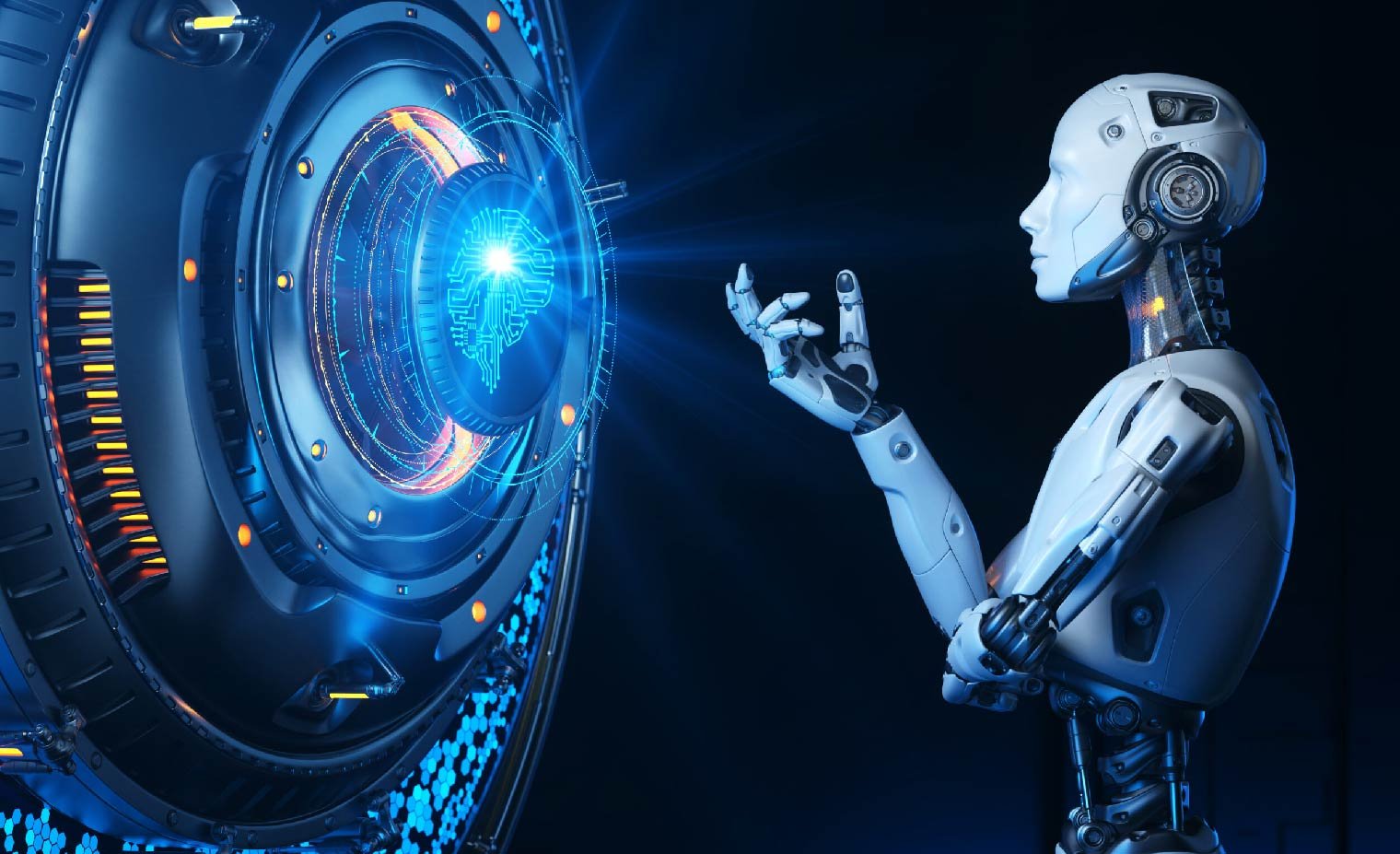

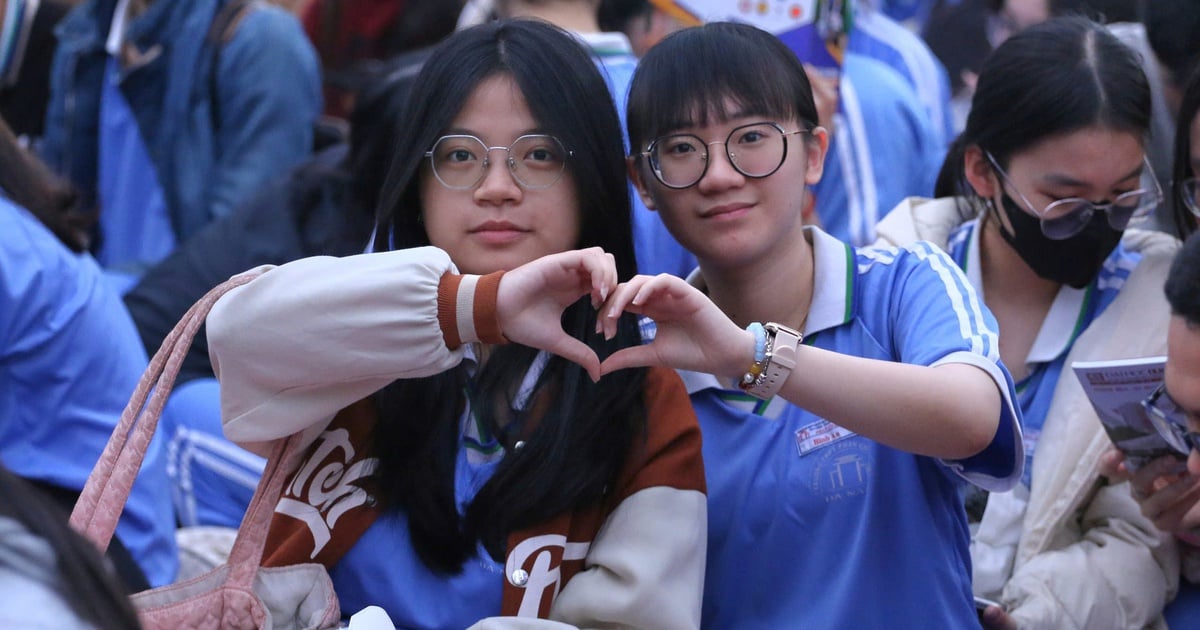

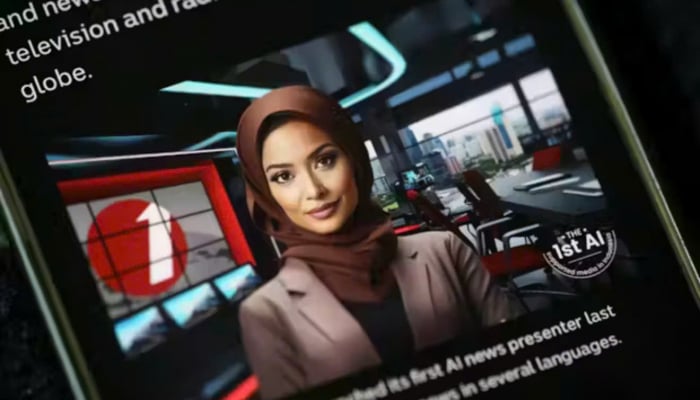

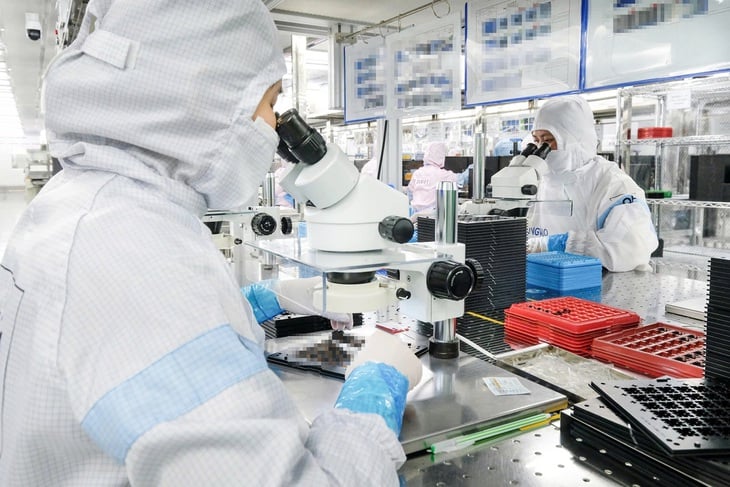

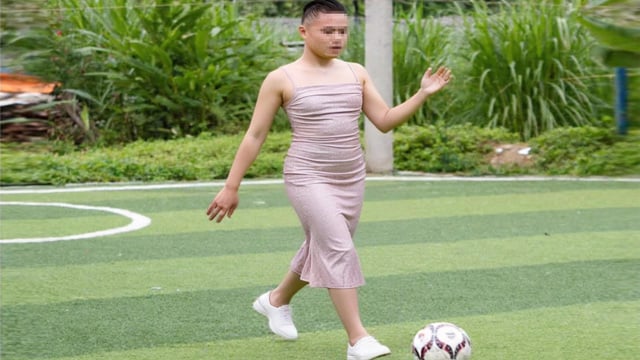




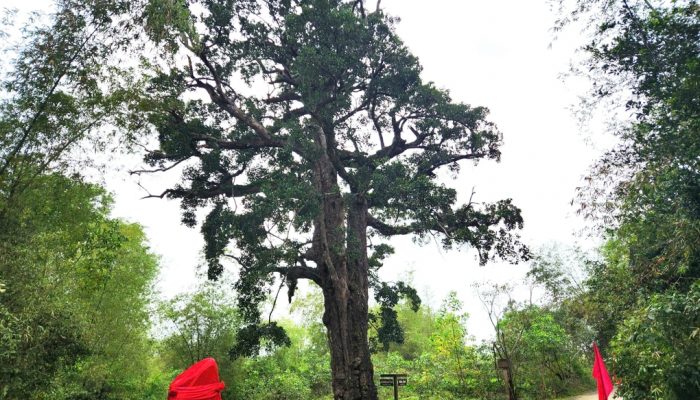
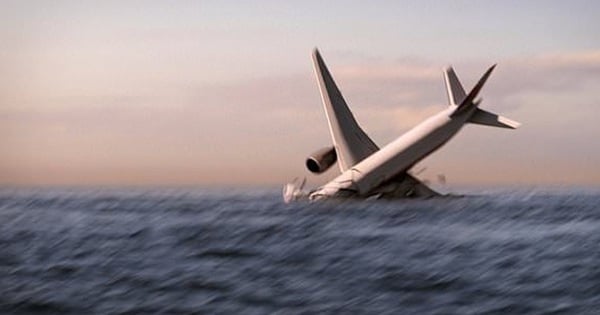

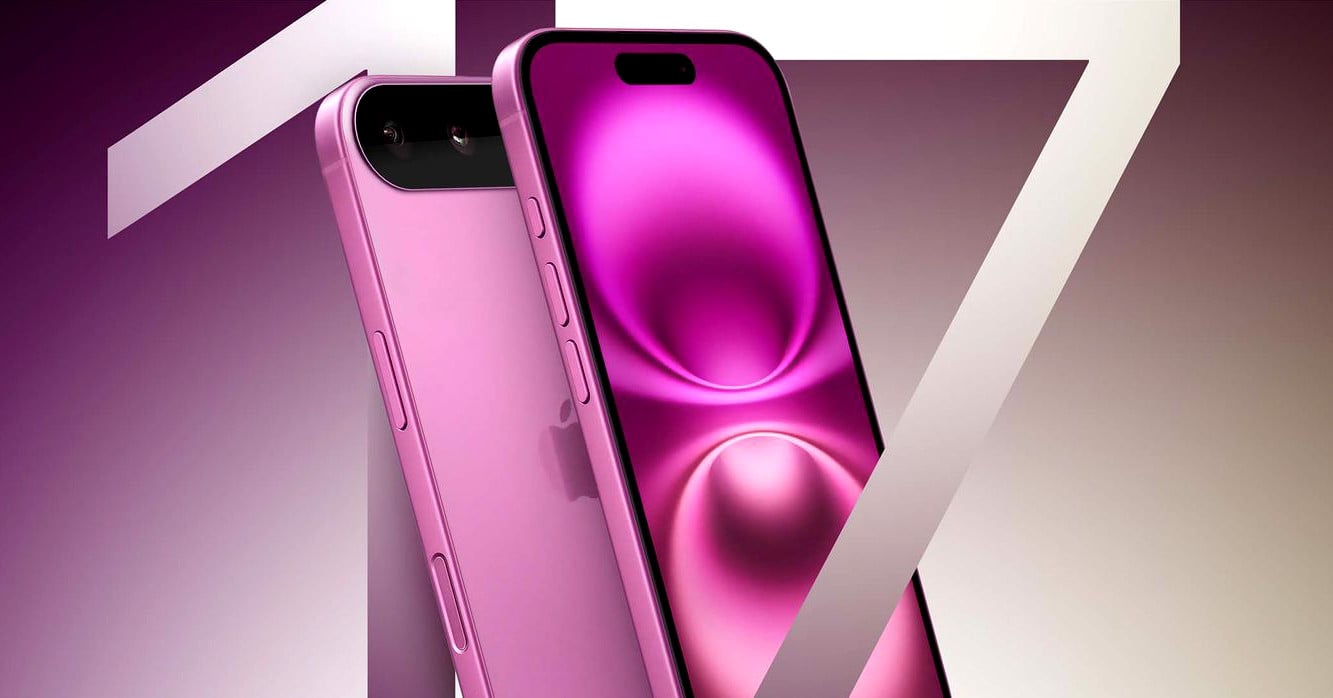


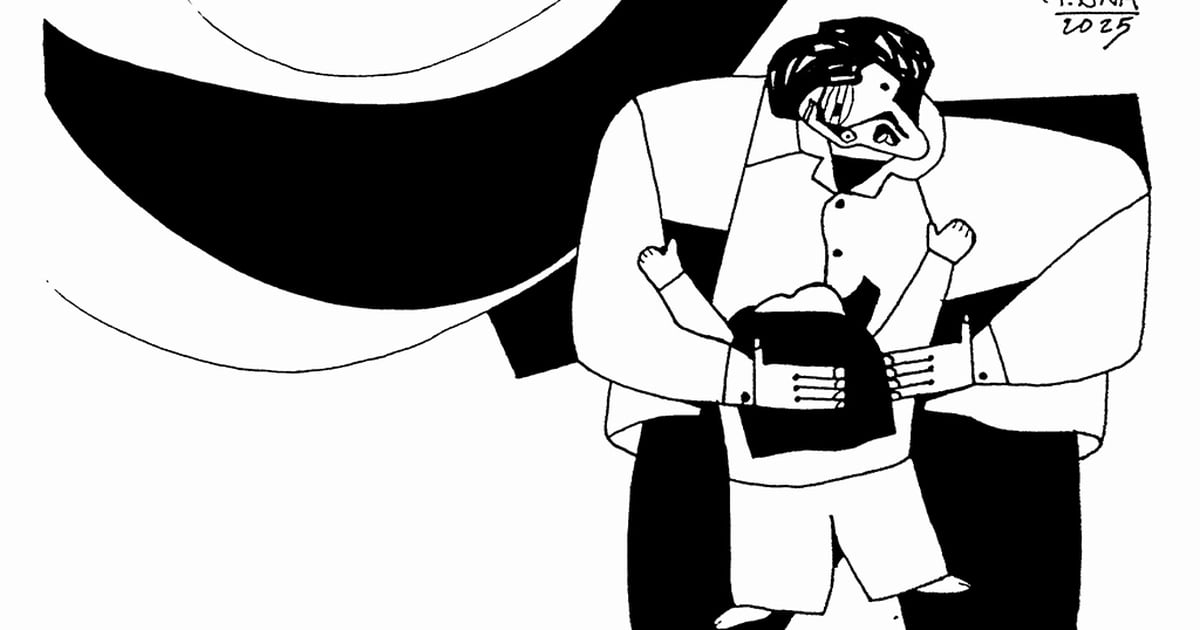
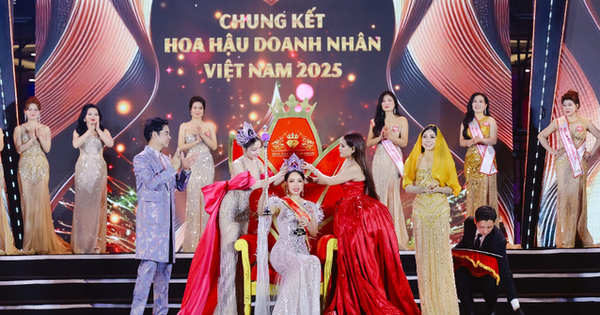
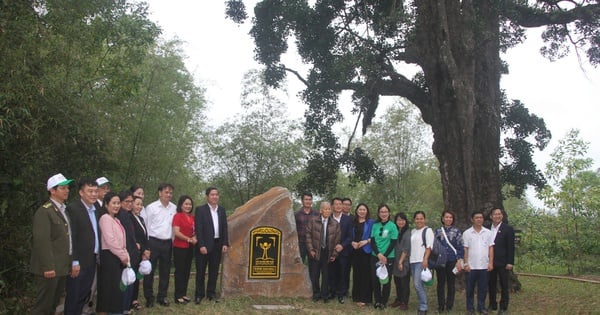



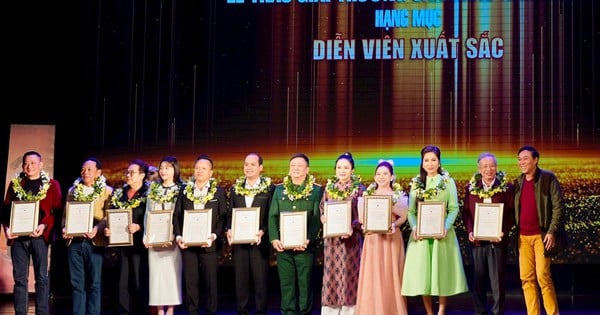




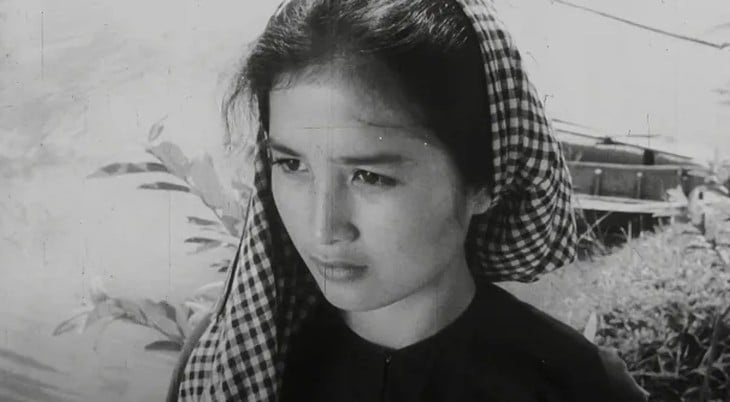


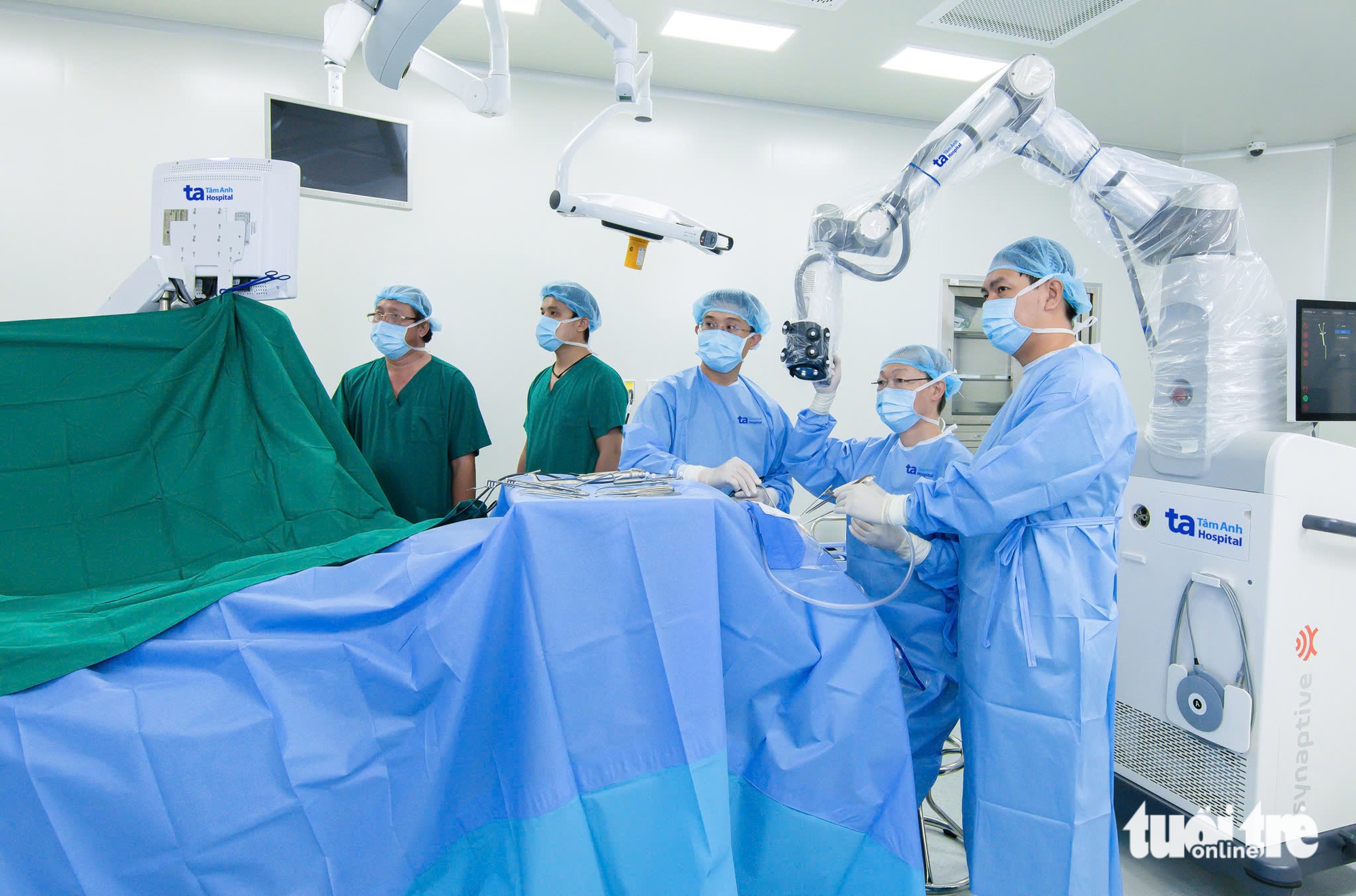

Comment (0)